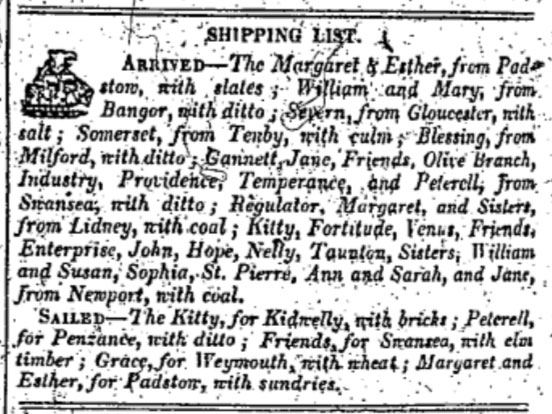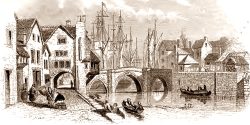Notes on the Alfred of 28 May 1832
There is little in this edition of much local interest immediate to Bridgwater. There is mention of a ‘Reform Mob’ parading an effigy of the Duke of Wellington and burning it in North Street, although it is unclear if this is either Bridgwater or Taunton – the latter is perhaps more likely, we might expect public displays like this to have taken place on the Cornhill in Bridgwater. The Duke was the victor of Waterloo, and led the Tory Government in opposition to Liberal reform.
Otherwise the majority of this edition is spent reflecting on the progress of the 1832 Reform Act.
A poem is contributed to the Bridgwater portion of the paper, by ‘C’, entitled ‘Occasioned by the account of an island which appeared in the Mediterranean and disappeared again’ composed in March 1832. This seems to refer to Ferdinandea Island, which appeared for six months in 1831/2. Other poems by ‘C’ or ‘CC’, who seems to have been in London, occur elsewhere in the published Alfred.
Each week the Alfred includes a shipping list for Bridgwater. Given the lack of more material in this paper it is worth dwelling a little more on it here. A full survey of incoming and outgoing vessels from these lists would be a very worthwhile project.

It is interesting to see slates imported into the town, which may imply that although brick manufacturing was well established at this time – as attested in the outgoing ships – that tile manufacturing was yet to get going.
Incoming culm was probably being used as animal feed, while high-quality wheat was being shipped away.
Coal was necessary to fuel the brickyards. Clay is heavier than coal, hence the brickyards would be sited close to the former, while the latter would be bought in. Coal would also be used for household heating. Note the very large quantities of coal coming into the town.
